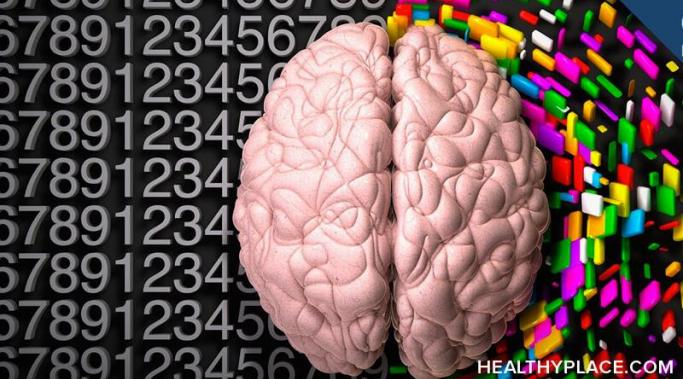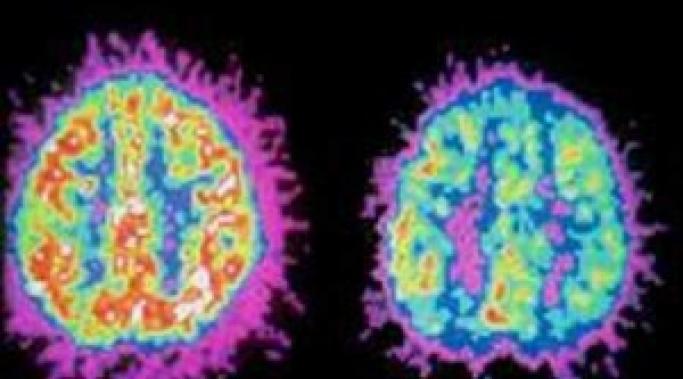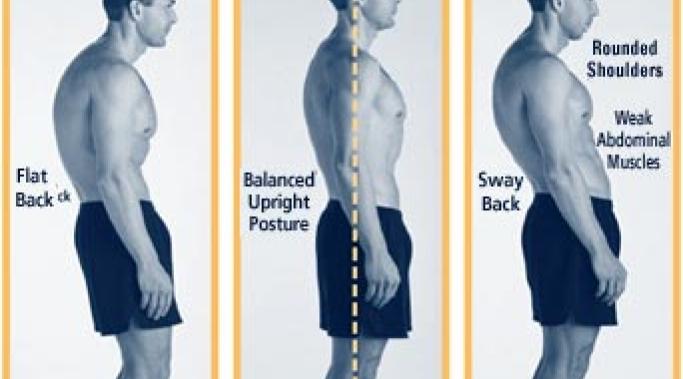Dictionary.com defines impulsivity as "the quality of being easily swayed by emotional or involuntary urges or by momentary desire, without weighing them rationally." Up until my diagnosis of attention deficit hyperactivity disorder (ADHD), impulsivity was my life's mantra.
ADHD Diagnosis
My attention-deficit/hyperactivity disorder (ADHD) diagnosis should have been a bipolar disorder diagnosis. I've thought I lived with ADHD for 14 years. Here's my story.
After receiving a clinical diagnosis for "mild inattentive attention-deficit/hyperactivity disorder (ADHD)," something strange happened. What I thought would be liberation turned into weeks, if not months of self-loathing and debility. Instead of learning how to coexist with my ADHD, I became it.
After years of my voicemails going unanswered, high co-pays, and failed medications—I'm finally at a place in my life where I'm getting quality mental health care. I'm finding success with my attention-deficit/hyperactivity disorder (ADHD) medications. But I want to caution you: this didn't come without great persistence. I've spent 15 minutes on hold with my insurance only to discover my behavior health care coverage wasn't through them. And I've called many offices just to be out of network. Because I've had my fair share of crappy experiences, doctors, and ADHD medication, I came up with a list of six tools and mindset shifts that helped me reach success with ADHD medication that I hope can benefit you.
Attention-deficit/hyperactivity disorder (ADHD) makes college harder. Two-point-nine, 2.9 was my GPA when I graduated from the local community college in the Winter of 2016 with a then three-week-old baby and three-year-old toddler. But I didn't care because "Cs still get degrees," and I already spent five years at that school. So how did I go from a failing teen skipping class every Tuesday and Thursday to the straight-A student on the academic Dean's List eight years later? The answer to my success with ADHD in college may surprise you, and none of it included stimulant medication.
There is an overlap between ADHD and autism, although at first glance the conditions can appear to be opposites. According to stereotypes, people with autism spectrum disorder (ASD) concentrate too much and avoid overstimulation, while those with attention-deficit/hyperactivity disorder (ADHD) lack focus and seek constant stimulation. However, there is a huge overlap between ASD and ADHD. As I’ve written about the connection between ADHD and trauma and ADHD and PMS, I’d like to discuss the link between ADHD and ASD.
I went to the worst doctor all time a few months ago because I was running out of my medication for my adult attention-deficit/hyperactivity disorder (ADHD) and couldn't see my regular doctor up in Baltimore. When I was brought to his office by his admin, he didn't get up from his chair to greet me and he was on his cell phone. Once off his cell phone, he said his name (forgetting to mention how lovely it was to meet me) and then had me tell him why I was there. At one point, he asked me: "Does your wife buy into your mental illness?"
Sometimes I stop to think what my life would be like without the diagnosis of adult attention-deficity/hyperactivity disorder (ADHD). Identities evolve throughout our lives based on experiences and who we innately are. What if who we are by birth turns out to not be true? What if we don't have adult ADHD? What if we're just slightly more impulsive than "typical" adults, or what if our "hyperactivity" is actually mania?
Hello again, everyone, my unmet friends with adult attention-deficity/hyperactivity disorder (ADHD). I have compiled a bunch of quizzes from around the Internet and have created my own adult ADHD diagnostic test to answer the question do I have adult ADHD. Like all online quizzes and psychological tests, though, please know that this is no way diagnosis you with anything - other than the potential 'enjoy online quizzes too much' pathology.
I talked about one of my professors a few weeks back in a post about ADHD and beneficial impulsivity and I'm here to talk about his wisdom again. We have this thing in physical therapy called a "physical therapy diagnosis" and my professor has some issues with the term - I'll explain. When you go your primary care physician, say, because you have a sore throat, they will give you a "medical diagnosis," like strep throat. When you go to a physical therapist with neck pain and we find that you have some postural issues, we'll "diagnose" you with: Impaired Posture. Or, if your physician says you have arthritis, we'll say you have "Impaired Joint Mobility." Seems like semantics at times, but what the heck is the point of a diagnosis anyway?









